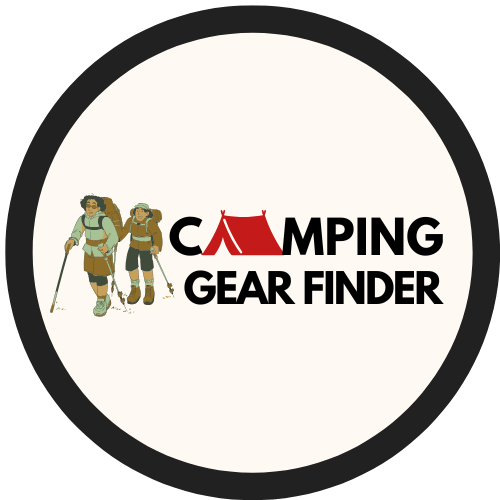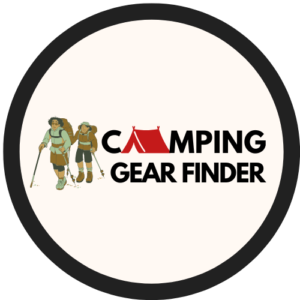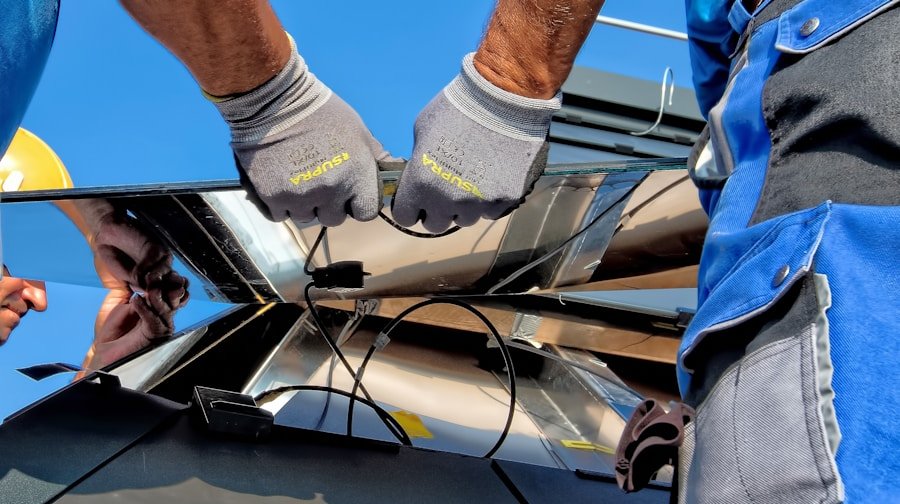When selecting a compass for camping, it is essential to understand the various types available in the market. There are three primary categories of compasses: baseplate, lensatic, and orienteering compasses. Baseplate compasses are the most widely used and suitable for general navigation.
They consist of a transparent baseplate, a rotating bezel, and a magnetic needle. Lensatic compasses, often used by military personnel, are more advanced and feature a sighting lens and a protective cover for the compass dial. Orienteering compasses, designed for precise navigation, are commonly used in orienteering competitions and have a transparent baseplate with a straight edge for plotting routes on a map.
In addition to these primary types, there are specialized compasses, including digital and wrist compasses. Digital compasses utilize electronic sensors to determine direction and often include additional features such as altimeters and barometers. Wrist compasses, worn on the wrist for easy access, are frequently used by hikers and mountaineers.
Familiarizing oneself with the different types of compasses enables informed decision-making when choosing the right compass for camping adventures.
Key Takeaways
- Understand the different types of compasses: baseplate, lensatic, and orienteering.
- Consider factors such as size, weight, and ease of use when choosing a camping compass.
- Look for navigational features like a clear baseplate, adjustable declination, and a sighting mirror.
- Prioritize durability and weather resistance in a camping compass for outdoor adventures.
- Select the best compass for your camping needs based on your navigational skills and the type of terrain you’ll be exploring.
Factors to Consider When Choosing a Compass for Camping
When choosing a compass for camping, there are several factors to consider to ensure you select the best one for your needs. One of the most important factors to consider is the accuracy of the compass. Look for a compass with a high degree of accuracy, as this will be crucial for navigating in the wilderness.
Another important factor to consider is the size and weight of the compass. If you’re planning on carrying the compass with you on long hikes, you’ll want to choose a lightweight and compact option that won’t weigh you down. Durability is also a key factor to consider when choosing a camping compass.
Look for a compass that is made from high-quality materials and is built to withstand the rigors of outdoor use. Weather resistance is another important consideration, as you’ll want a compass that can withstand rain, snow, and extreme temperatures. Finally, consider any additional features that may be important to you, such as a declination adjustment or a global needle for use in different hemispheres.
By considering these factors, you can ensure that you choose a compass that meets your specific camping needs.
Navigational Features to Look for in a Camping Compass
When choosing a camping compass, it’s important to look for specific navigational features that will be useful in the wilderness. One important feature to look for is a clear baseplate with a ruler and scales for measuring distances on a map. This will be crucial for plotting routes and determining distances during your camping adventures.
Another important navigational feature to look for is a rotating bezel with degree markings. This will allow you to take accurate bearings and navigate with precision. A sighting mirror is another useful navigational feature to look for in a camping compass.
This feature allows you to take more accurate bearings by aligning the mirror with your target and the sighting line on the compass. Some compasses also include a clinometer for measuring slope angles, which can be useful for hikers and mountaineers navigating steep terrain. By looking for these specific navigational features, you can ensure that you choose a camping compass that will meet your navigational needs in the wilderness.
Durability and Weather Resistance in Camping Compasses
| Compass Feature | Importance |
|---|---|
| Type of Compass | Consider whether you need a baseplate, lensatic, or thumb compass based on your navigation needs. |
| Durability | Look for a compass made of sturdy materials that can withstand outdoor conditions. |
| Accuracy | Choose a compass with precise needle movement and clear markings for accurate readings. |
| Size and Weight | Consider the portability of the compass for easy carrying during camping trips. |
| Add-on Features | Some compasses may include additional features like a mirror, clinometer, or declination adjustment. |
Durability and weather resistance are crucial considerations when choosing a camping compass, as you’ll want a compass that can withstand the rigors of outdoor use. Look for a compass that is made from high-quality materials such as aluminum or polycarbonate, as these materials are lightweight yet durable. Additionally, consider the construction of the compass, as you’ll want one that is built to withstand impact and rough handling.
Weather resistance is another important factor to consider when choosing a camping compass. Look for a compass that is waterproof and can withstand exposure to rain, snow, and extreme temperatures. Some compasses also include features such as luminescent markings for low-light visibility, which can be useful for navigating at night or in dark conditions.
By choosing a camping compass with durability and weather resistance in mind, you can ensure that your compass will hold up in the wilderness.
Comparing Baseplate, Lensatic, and Orienteering Compasses
When comparing baseplate, lensatic, and orienteering compasses, it’s important to consider the specific features and uses of each type. Baseplate compasses are versatile and easy to use, making them ideal for general navigation during camping trips. They typically feature a clear baseplate with ruler and scale markings, as well as a rotating bezel for taking bearings.
Lensatic compasses are more advanced and are often used by military personnel for precise navigation. They feature a sighting lens and cover for protection, as well as a floating dial with luminous markings for low-light visibility. Orienteering compasses are designed for precision navigation and are commonly used in orienteering races.
They feature a transparent baseplate with a straight edge for plotting routes on a map, as well as luminous markings for night navigation. Each type of compass has its own advantages and disadvantages, so it’s important to consider your specific navigational needs when choosing the right type of compass for your camping adventures.
Tips for Using a Compass in Outdoor Navigation
Once you’ve chosen the right compass for your camping adventures, it’s important to know how to use it effectively for outdoor navigation. One of the most important tips for using a compass is to ensure that it is level when taking bearings, as this will ensure accuracy. Additionally, it’s important to hold the compass steady and away from any metal objects or electronic devices that could interfere with the magnetic needle.
Another important tip for using a compass is to take multiple bearings from different landmarks to confirm your position on a map. This will help you triangulate your position and navigate with greater accuracy. It’s also important to keep your map and compass protected from moisture and extreme temperatures, as these can affect their accuracy.
Finally, practice using your compass in different terrain and lighting conditions before heading out on your camping adventures. This will help you become familiar with using the compass and build confidence in your navigational skills.
Selecting the Best Compass for Your Camping Needs
When it comes to selecting the best compass for your camping needs, it’s important to consider all of the factors discussed above to ensure that you choose a compass that meets your specific requirements. Consider the type of camping trips you’ll be taking and the navigational features that will be most useful to you in the wilderness. If you’re planning on general navigation during camping trips, a baseplate compass may be the best option for its versatility and ease of use.
If you require more advanced navigational features for precise navigation, such as sighting lenses and luminous markings, a lensatic or orienteering compass may be more suitable. Additionally, consider factors such as durability, weather resistance, size, weight, and any additional features that may be important to you. By carefully considering all of these factors, you can select the best compass for your camping needs and navigate with confidence during your outdoor adventures.
In conclusion, choosing the right compass for your camping adventures requires careful consideration of the different types of compasses available, as well as specific factors such as accuracy, size, weight, durability, weather resistance, and navigational features. By understanding these factors and considering your specific navigational needs, you can select the best compass for your camping adventures and navigate with confidence in the wilderness. With the right compass in hand, you’ll be well-equipped to explore new trails, navigate unfamiliar terrain, and enjoy all that nature has to offer during your camping trips.
FAQs
What is a compass and why is it important for camping adventures?
A compass is a navigational tool that uses the Earth’s magnetic field to determine direction. It is important for camping adventures because it helps campers to navigate through unfamiliar terrain and find their way back to their starting point.
What are the different types of compasses available for camping?
There are several types of compasses available for camping, including baseplate compasses, lensatic compasses, and thumb compasses. Each type has its own features and advantages, so it’s important to choose the right one based on your specific needs.
What features should I look for when choosing a compass for camping?
When choosing a compass for camping, it’s important to look for features such as a clear and easy-to-read dial, a durable and waterproof construction, adjustable declination, and a sighting mirror for more accurate navigation.
How do I properly use a compass during camping adventures?
To properly use a compass during camping adventures, it’s important to first understand how to read a map and orient it with the compass. Additionally, learning how to take a bearing, adjust for declination, and use the compass in conjunction with other navigational tools is essential for successful navigation.
What are some popular compass brands for camping adventures?
Some popular compass brands for camping adventures include Suunto, Silva, Brunton, and Garmin. These brands offer a range of high-quality compasses designed specifically for outdoor use.













